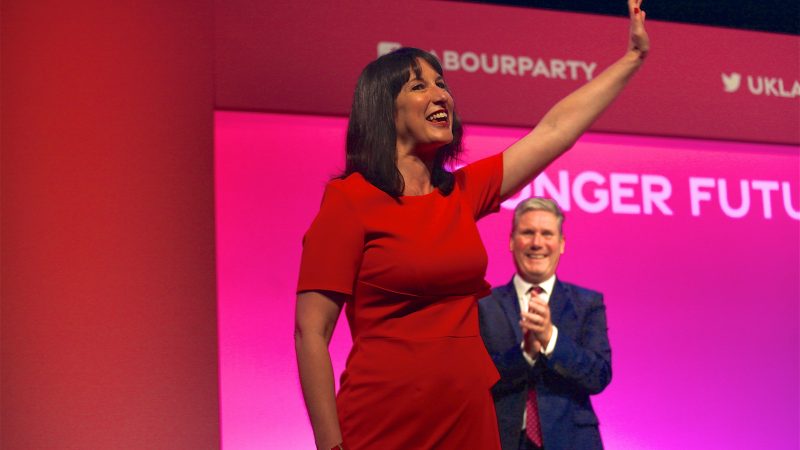
Keir Starmer is delivering a big speech in Liverpool this morning. The gist is that Labour will “fight the next election on economic growth”, that “rebooting the economy” would be his government’s “defining mission” and that the priorities of any future Labour administration led by him would be “growth, growth, and growth”. You can read a more comprehensive write-up here. But the Labour leader is essentially promising that after years of low growth, his party will reverse the country’s economic fortunes.
How will growth be achieved? Partly under the stewardship of an ‘industrial strategy council’ – which Starmer is saying Labour will set up. The body will be a “permanent part of the landscape that sets out strategic national priorities that go beyond the political cycle” that “holds us to account for our decisions” and “builds confidence for investors that will boost long-term growth and productivity”.
This approach presents Labour with two challenges. The first is that, for the ‘growth’ line to have the desired effect, the party needs to impress upon people that low growth is the most pressing issue facing the country. This is a body of work of its own. As indicated by our focus group last week, while people are feeling the squeeze this does not mean that they see low growth as the cause or as a major problem. Secondly, Labour needs to set out how the party will stimulate growth. Achieving high growth is not a policy but an outcome. The industrial strategy council will be part of this, but cannot be the whole story.
While Starmer geared up for his big speech on the economy this morning, Rachel Reeves was out on the airwaves – making waves of her own. The Shadow Chancellor used a Radio 4 interview today to disavow nationalisation commitments made by the party at the last election as part of a platform that “secured our worst results since 1935” – while nobody can deny the extent of the defeat at the last election, plenty have pointed out that this analysis does not recognise that the commitment was also part of the 2017 manifesto.
Asked about bringing private rail, energy or water companies into public ownership, Reeves told listeners this morning that “nationalising things” does not “stack up against our fiscal rules” – specifically, that “all day-to-day spending will be funded by day-to-day tax revenues”. Left unexplained by the Shadow Chancellor is how this rule conflicts with commitments on nationalisation, since such proposals are unlikely to be funded through day-to-day spending. One thing did come across clearly: Reeves reiterated that (as Starmer said earlier this month) Labour has scrapped the last manifesto and it is no longer the starting point for the party at the next election. Now, the leadership will begin to set out what it will do instead.
A comment from a Labour spokesperson after the interview did indicate that not everything included in the last manifesto is necessarily to done away with: “We are pragmatic about public ownership as long as it sits within our fiscal rules – a point Rachel was underlining in the interview by referencing this framework. For example, we know there is a positive role for rail in public ownership.”
Elsewhere, voting had been set to begin today in Labour’s internal elections to determine who sits on the national executive committee. That has now been delayed until August 1st.
And one final bit of housekeeping: as the parliamentary summer recess has begun, LabourList will continue to bring you the latest in news and comment throughout the following weeks but our morning emails will for the most part turn into an afternoon offering until MPs return.
Sign up to LabourList’s morning email for everything Labour, every weekday morning.



More from LabourList
Scottish Parliament elections 2026: Full list of Labour candidates for Holyrood
‘As metro mayors gain power, Labour must tighten political accountability’
Letters to the Editor – week ending 22 February 2026